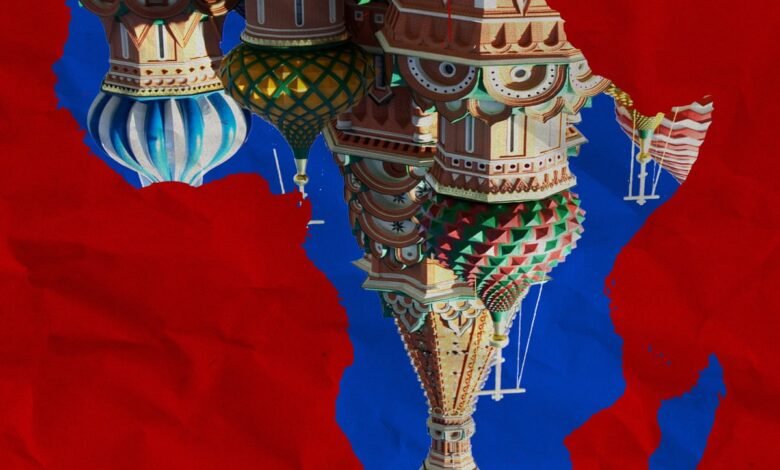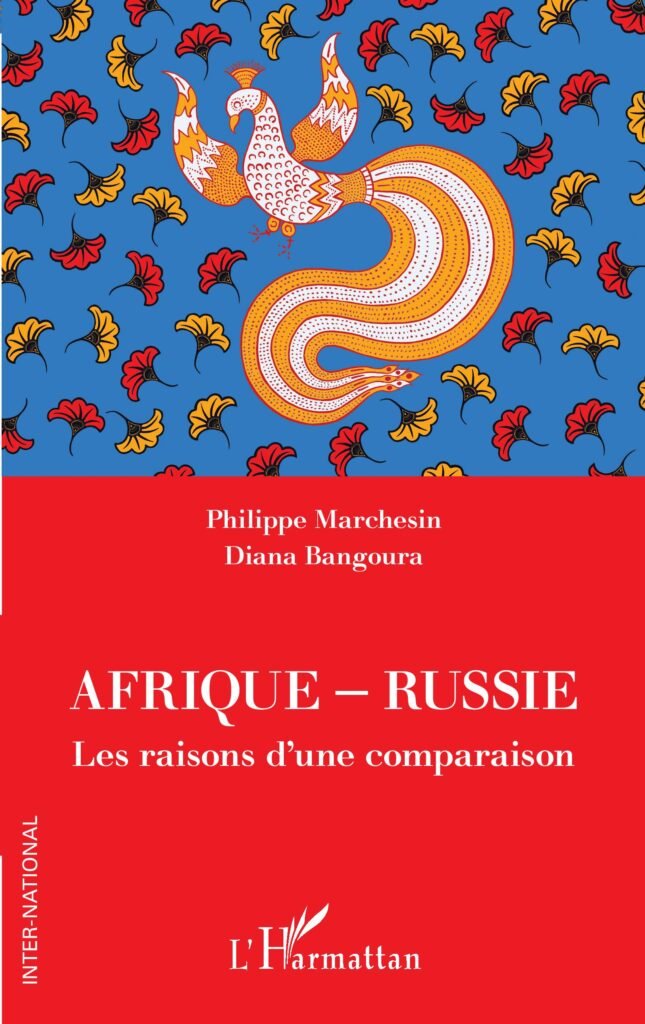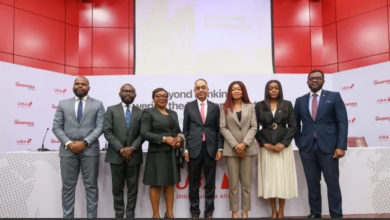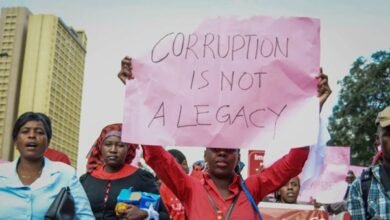Interview with Diana Bangoura and Philippe Marchesin “Fundamental similarities”
In "Afrique-Russie: Les raisons d'une comparaison” (Africa-Russia: Reasons for a Comparison), the co-authors analyze the convergences between Russia and Africa, a subject that has rarely been discussed. Explanations of the co-authors.


Having lived and worked in the Russian-speaking world and in Africa, it became clear to us – and this is the starting point of the book – that there are many fundamental similarities between Russia and Africa. Obviously, it is the differences that are usually highlighted. That is why we had to move the cursor to fill a blind spot in the political comparison.
Indeed, reading your book, one finds out elements of similarity, both sociologically and politically, economically, etc.
That is the most striking point. And those similarities are very important. They concern areas as fundamental as the state, the economy, anthropology, political regimes, the absence of a real civil society, values that are generally conservative, but also the importance of the world of the invisible, the importance of corruption… right up to System D, the taste for appearances or the sense of celebration. The list is not exhaustive.
If we go further, according to your analysis, how does Africa view Russia and vice versa?
The links between the two groups are, in reality, not that important. Apart from Russia’s recent return to Africa through Wagner, the relationship is rather weak. This may be due to the fact that both Africa and Russia are relatively poor (Russia’s GNP is equivalent to that of Spain, Africa’s to that of France). Both export mainly raw materials, which they generally do not process, produce few manufactured goods, in short, have little complementarity.
In the power games that, one may say, are being played or replayed on the continent, and in the light of your work, how can we analyze the current situation, when Russia is reasserting its presence on the continent and a new rapprochement is taking place between certain countries of the continent and Russia?
This movement should not be exaggerated. We are still far from the relations that exist between Africa and China, the European Union or the United States, even if the African states no longer feel as bound to one side or the other as they did during the Cold War, moving therefore from non-alignment to « multi-alignment » or, in the words of Bertrand Badie, « free union ». Several French-speaking African countries did not vote with France at the United Nations on the war in Ukraine. The aim of our book is not to study the relations between the two groups, but to highlight their similarities, which may explain why their relations are relatively weak, since they have almost the same things to exchange.
What lessons can we learn from this: those who are more alike will get along better?
This is far from obvious. And even if it is paradoxical at first sight, it has been noted that this has an explanation. Similarly, it is interesting to recall the message at the end of the book. The similarities between the two groups could encourage further links, particularly at the military level. This does not seem to us to be a good thing, as Russia is demonstrating every day, through the horrors we are seeing in Ukraine, that it has become a state that is currently unacceptable. It is time for France, which is one of the victims of these rapprochements in the Sahel, to change its cooperation policy in order to finally gain the sympathy of the Africans.
Les raisons d’une comparaison, Afrique-Russia, Philippe Marchesin, Diana Bangoura, L’harmattan.
Interview by DBM






